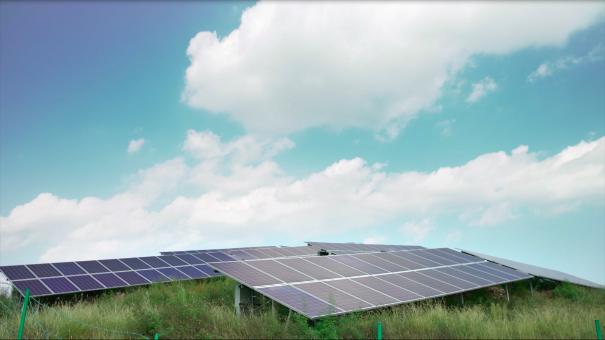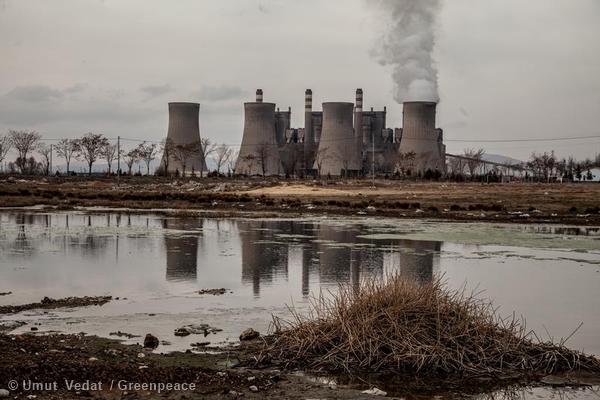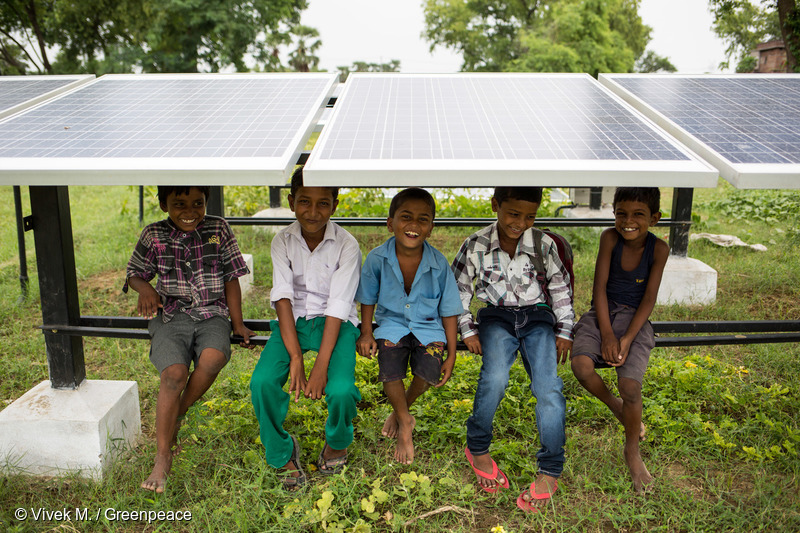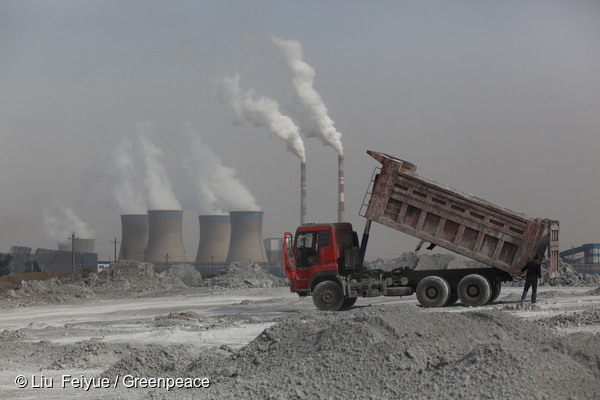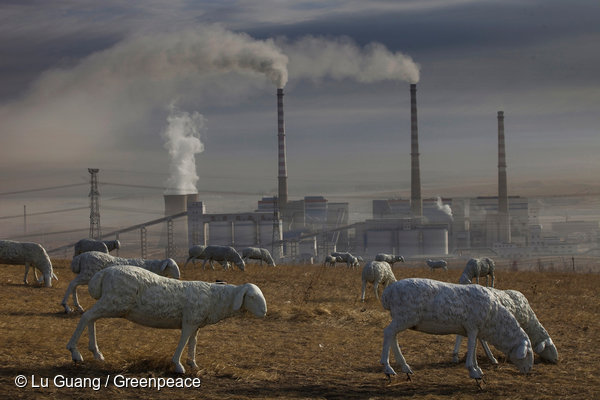All articles
-
Meet the self-styled ‘PV Doctor’ who brought solar to his hometown
For eight years, Luo Yufei has had a big dream: to establish solar projects in his hometown in Guangdong Province.
-
A Coal Merchant and his son
How a failing family-run coal operation found new opportunities in the solar industry.
-
Cutting China’s redundant coal power capacity would provide enough water for 27 million people in water stressed areas
Beijing, 5 July 2017 - Tackling China’s coal power overcapacity problem could save enough water to meet the basic needs of 27 million people in water stressed areas, a new report from Greenpeace East Asia shows. Despite a reduction in coal consumption since 2014, coal-fired capacity in areas of high water stress continues to increase.…
-
Belt and Road participants call for full implementation of Paris Agreement
Beijing, 15 May 2017 -- Participants in China’s Belt and Road initiative have called on all parties that ratified the Paris Agreement to implement it in full, as part of a communique to be released following China’s Belt and Road forum. The document comes as top aides of US President Donald Trump clash over whether…
-
Sustainability should be priority for China’s Belt and Road- Greenpeace
Beijing, May 12 2017- On Sunday, 28 government leaders will meet in Beijing for the Belt and Road summit. As China embarks on its historic investment initiative, Greenpeace urges that environmental accountability be prioritized.
-
Estimating Carbon Emissions from China’s Coal-to-Chemical Industry during the “13th Five-year Plan” Period
China’s coal-and-chemical industry has long been controversial for its high level of carbon emissions. In the recently released “13th Five-year Plan for Energy”, the coal-to-chemical industry was set a number of key construction regions. Meanwhile, global fossil fuel carbon emissions have seen a zero growth rate for three years in a row. The reduction in…
-
CO2 emissions from China’s coal-to-chemical industry could increase by more than 400% over the 13th Five-Year Plan period
Beijing, 25 April, 2017 - China’s coal-to-chemical industry is projected to emit 409 million tonnes of CO2 annually by 2020 if all projects currently under construction go into operation, according to a new report released by Greenpeace East Asia.[1] This figure amounts to more than four times the 90 million tonnes emitted by China’s coal-to-chemical…
-
By 2030 China’s wind and solar industry could replace fossil energy sources to the tune of 300 million tonnes of standard coal per year
Beijing, 11 April, 2017 - A new report on the co-benefits of wind and solar photovoltaic (PV) power in China by Greenpeace East Asia and partner organisations finds that by 2030, China’s wind and solar power generation could replace fossil energy sources by up to 300 million tonnes of standard coal per year, almost as…
-
Friday Five: New climate hope as China battles sea level rise
Friday news roundup highlighting the environmental news and commentary of the week. China, India, led slowdown in global coal development [Bloomberg] Huge news and new hope for the climate emerged this…
-
Powering up: meet the women electrifying China’s energy transition
The world’s biggest polluter is now the global renewables leader, and these women are helping to lead the charge.


